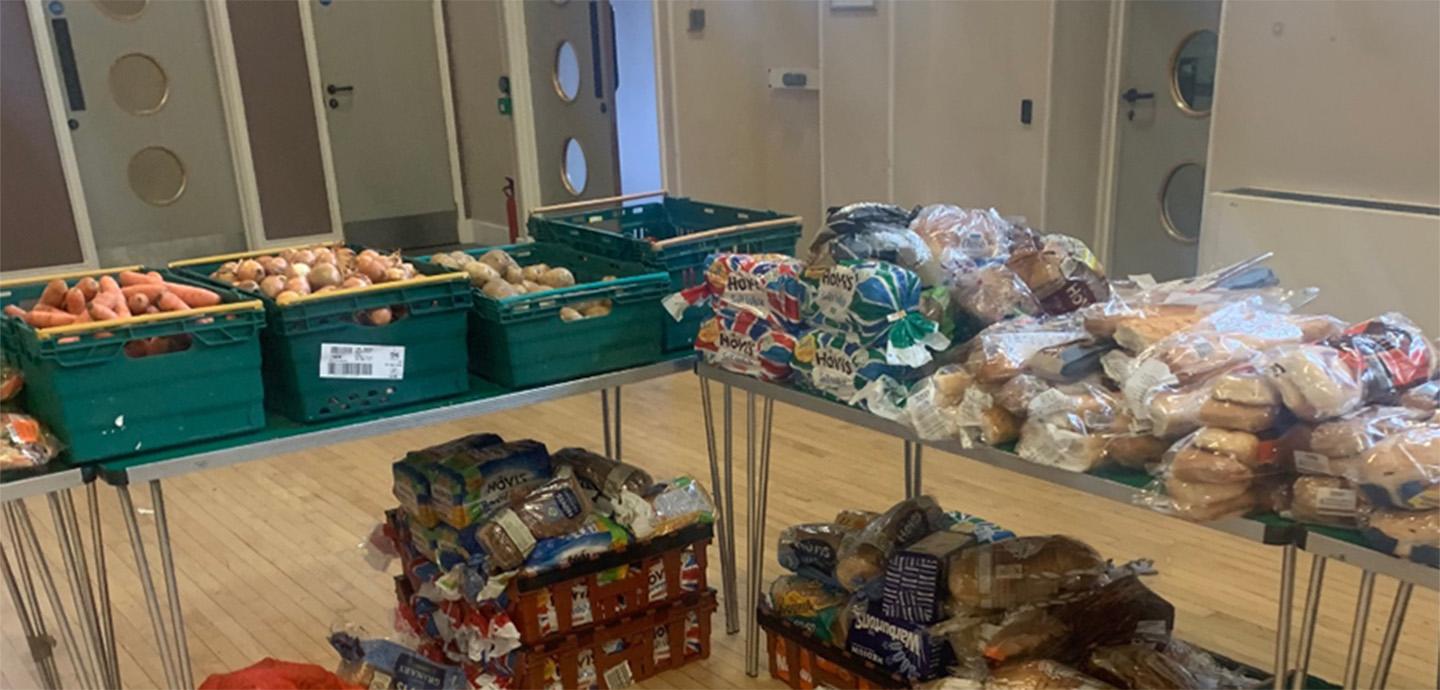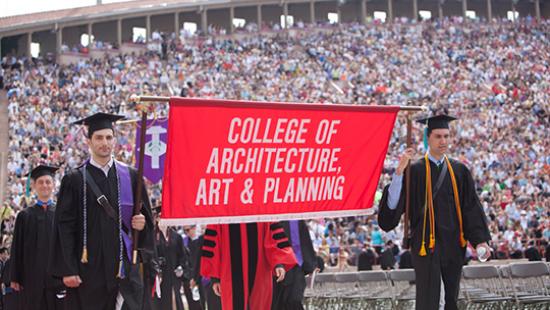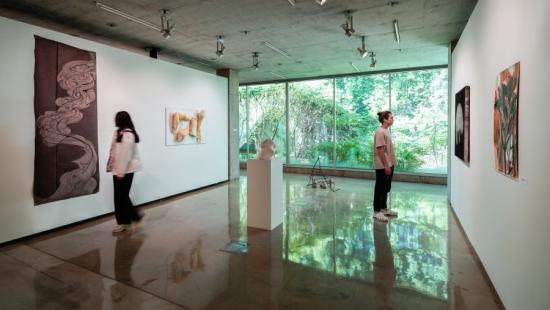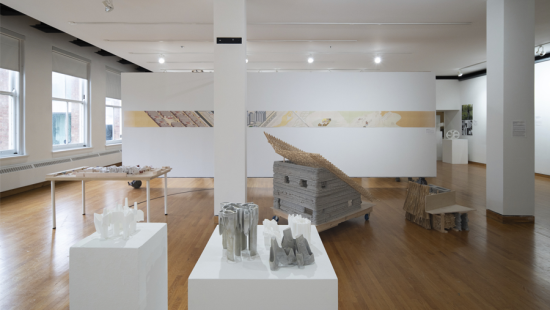Cities of Hope: Rethinking the Idea of the Progressive City from Above and Below (and from East to West and South to North)

image / Citizenship Futures, University of York
Abstract
This presentation draws on recent research undertaken as part of the Citizenship Futures — The Politics of Hope comparative study of Mumbai, Paris, and London funded by the Indian Council of Social Science Research, the French Agence National de la Recerche, and the Economic and Social Research Council in the U.K. with additional input from colleagues at the Brazilian Center for Analysis and Planning, São Paulo. The unexpected arrival of the COVID-19 pandemic in poor, marginalized, and underserved urban communities in the case-study cities afforded the research team an opportunity to explore how the coronavirus pandemic has intensified certain forms of existing social exclusion while at the same time producing new forms of solidarity and social intervention that have contributed to a "reinvention of citizenship" (Isin, 2012) in the context of a retreating or absent social state. In seeking answers to the question of how an inclusive and progressive city can be forged by those who have traditionally been excluded from "the right to the city" by discriminatory welfare regimes, job markets, and citizenship status, we focused on the dense array of community-based solidarity and advocacy organizations that rose to the challenge of the pandemic crisis while continuing to tackle institutional and structural inequality as well as disability, gender, class and caste discrimination. Our findings suggest that the distinction between formal and informal urban politics that once distinguished research on "developed" as opposed to "developing" societies is becoming increasingly blurred. Furthermore, in the wake of austerity-driven neoliberal welfare retrenchment, there is evidence of a socially inclusive, equity-oriented informal welfare system establishing an identifiable presence in the major cities of the Global North as much as those in the Global South. In the final section of the paper, I reflect on how these findings align with new scholarship on cities of the Global South (Parnell and Oldfield, 2016), as well as the study of economic and racial justice coalitions in the United States (Doussard and Schrock, 2022), encouraging us to expand and deepen our understanding of "the progressive city" in the 21st century.
Bio
Simon Parker is Professor in Politics and Codirector of the Centre for Urban Research, Cochair of the Migration Network at the University of York, and is currently a Visiting Scholar in the Department of City and Regional Planning and the Mario Einaudi Center for International Studies.
Parker works in the fields of urban studies and urban theory, socio-spatial informatics, the politics of asylum and immigration, and comparative European politics (with particular reference to Italy). He is the author of Cities, Politics and Power (Routledge 2010) and Urban Theory and the Urban Experience: Encountering the City (second edition 2015) as well as coeditor of The New Italian Republic (Routledge, 1996). His current projects include ongoing research into the trans-Mediterranean European refugee "crisis" (2015–to present) and a study of EEA nationals in the U.K. under the ESRC's Governance After Brexit program. Simon is also co-investigator of the ESRC's Citizenship Futures — The Politics of Hope research program in India and Europe.




